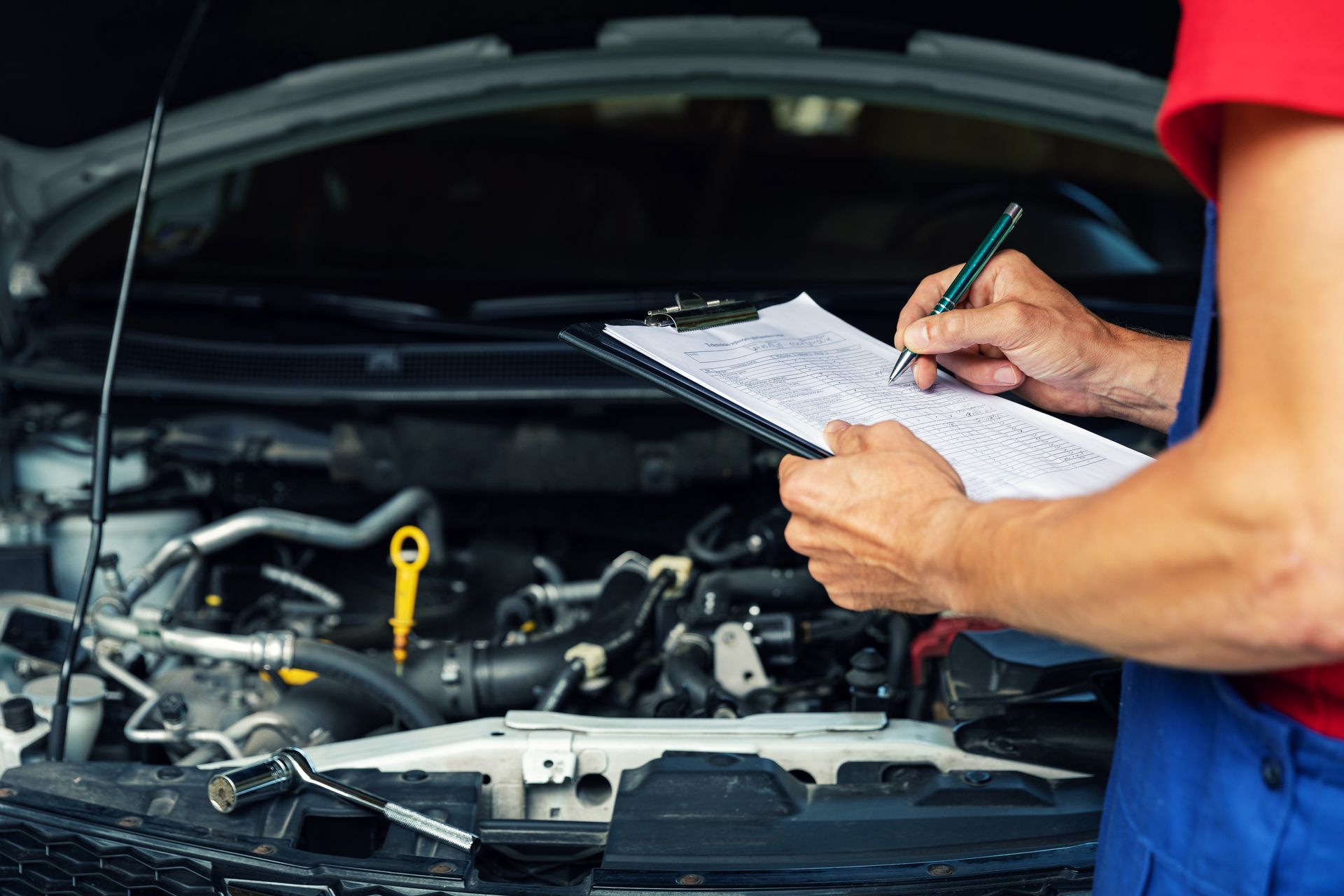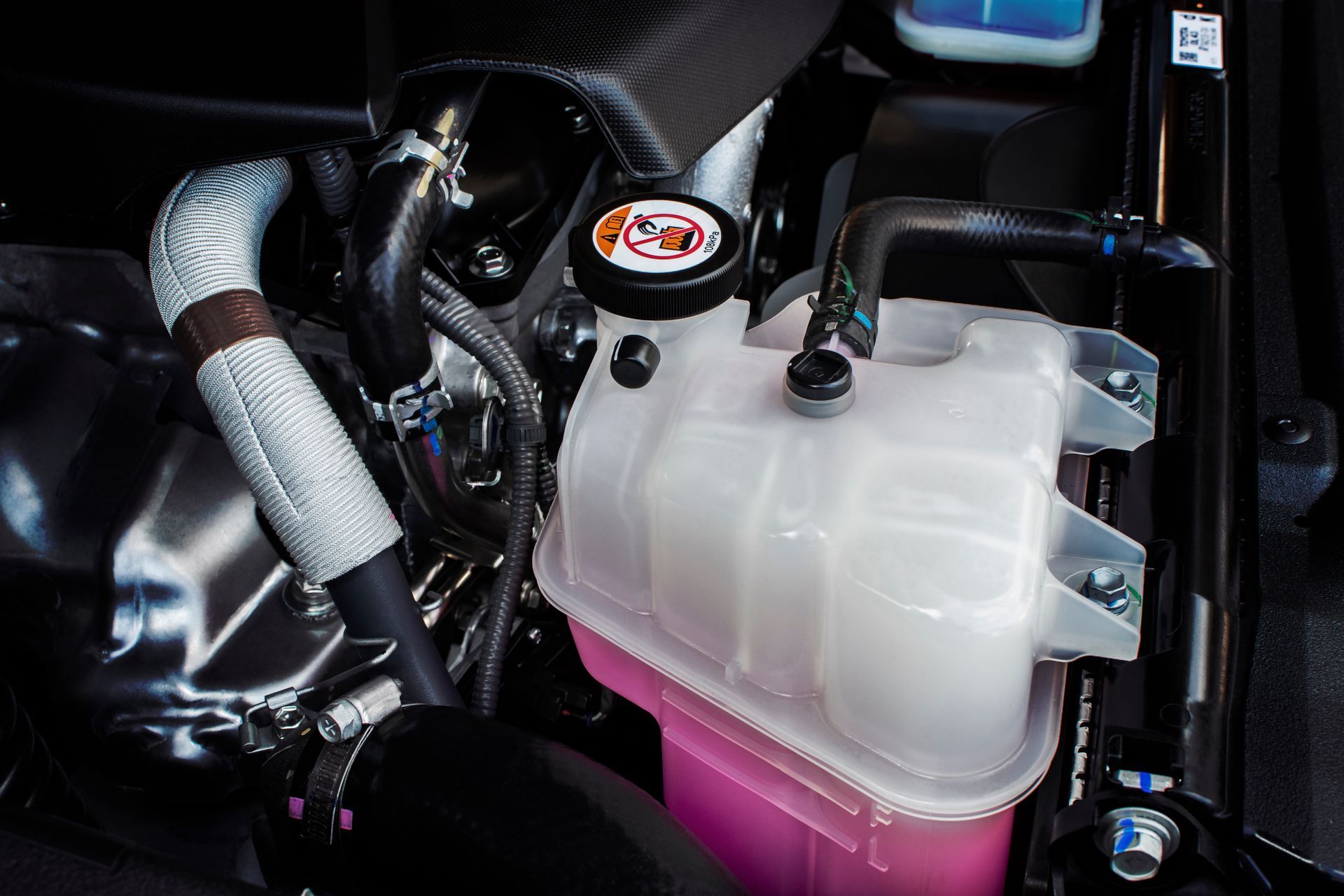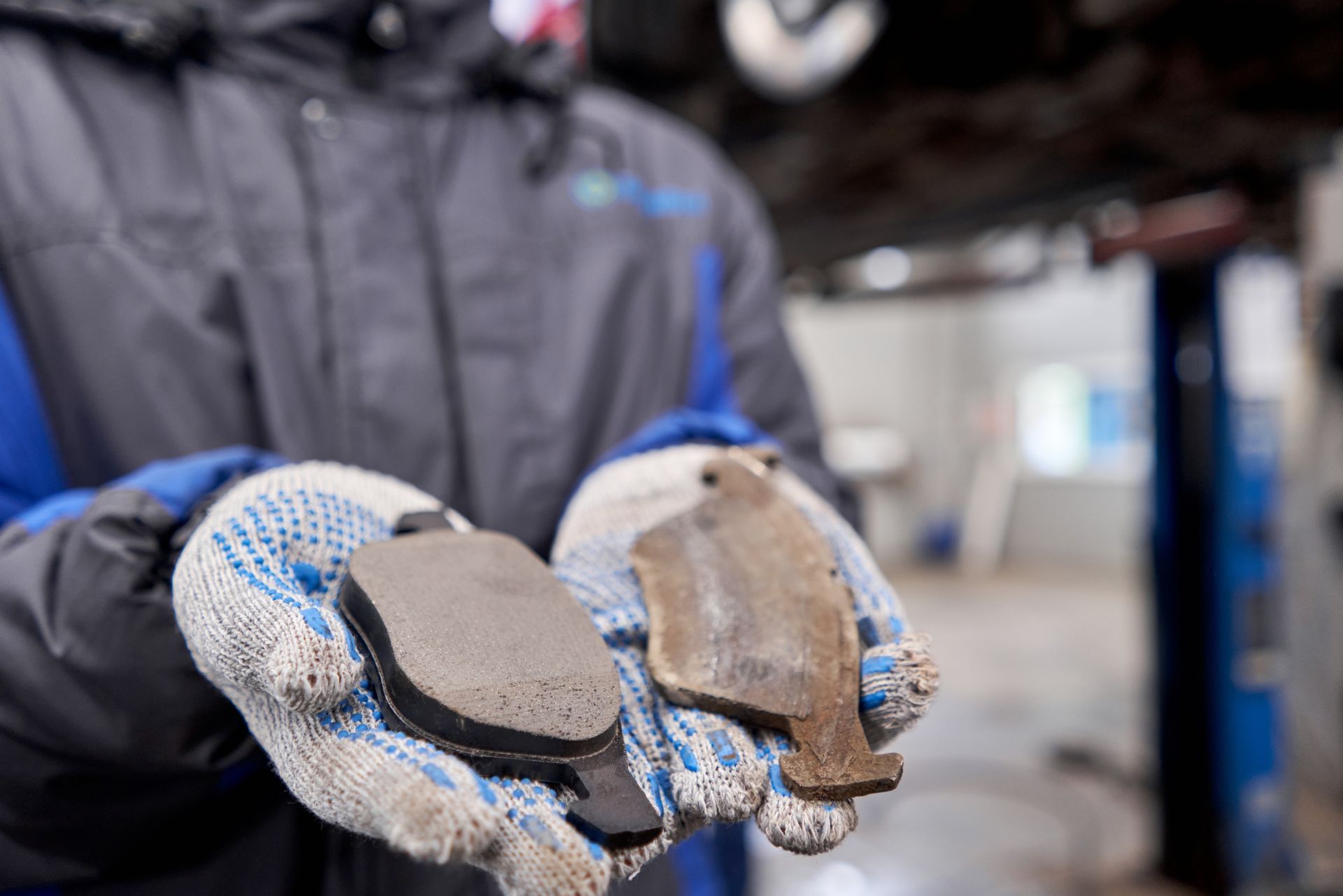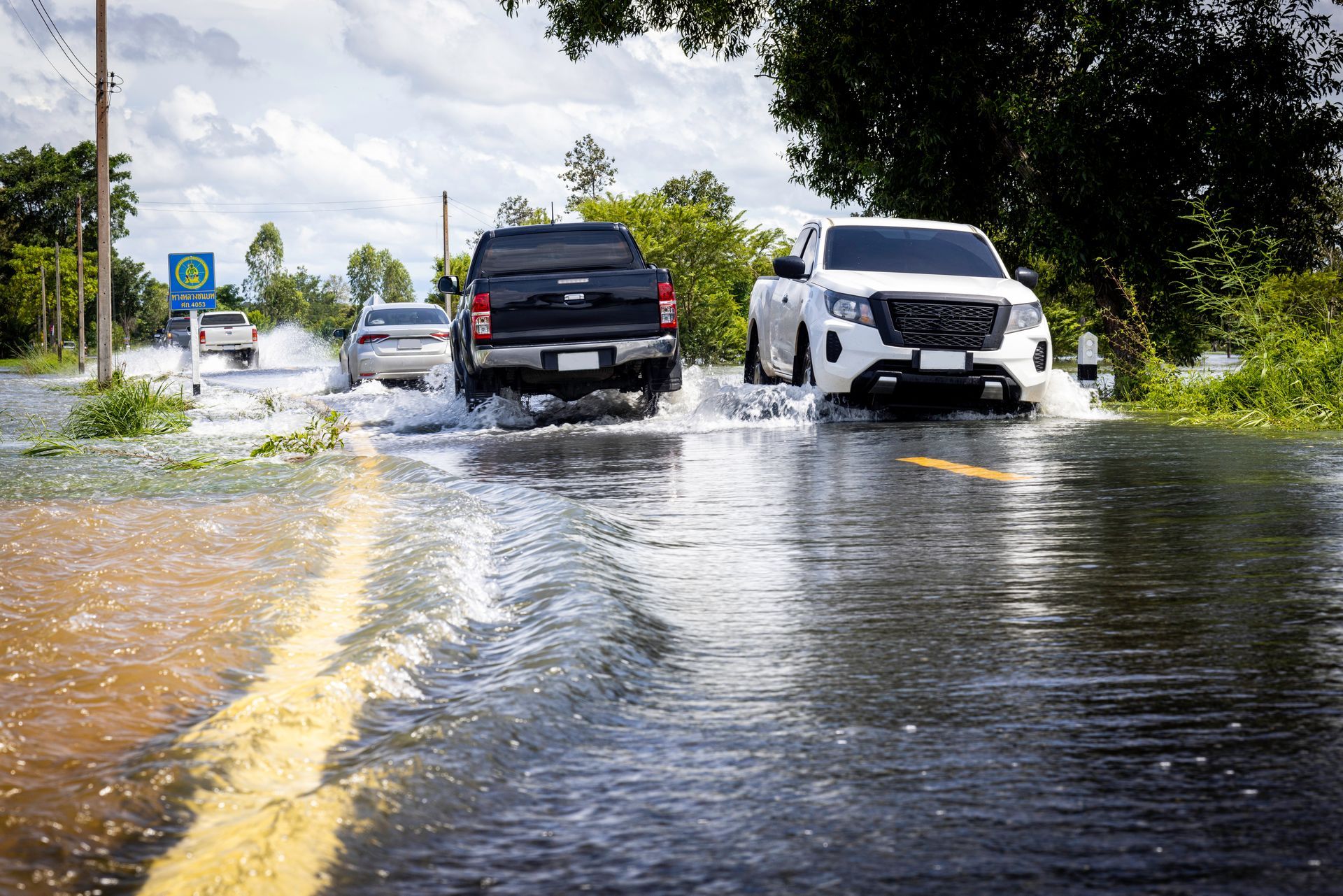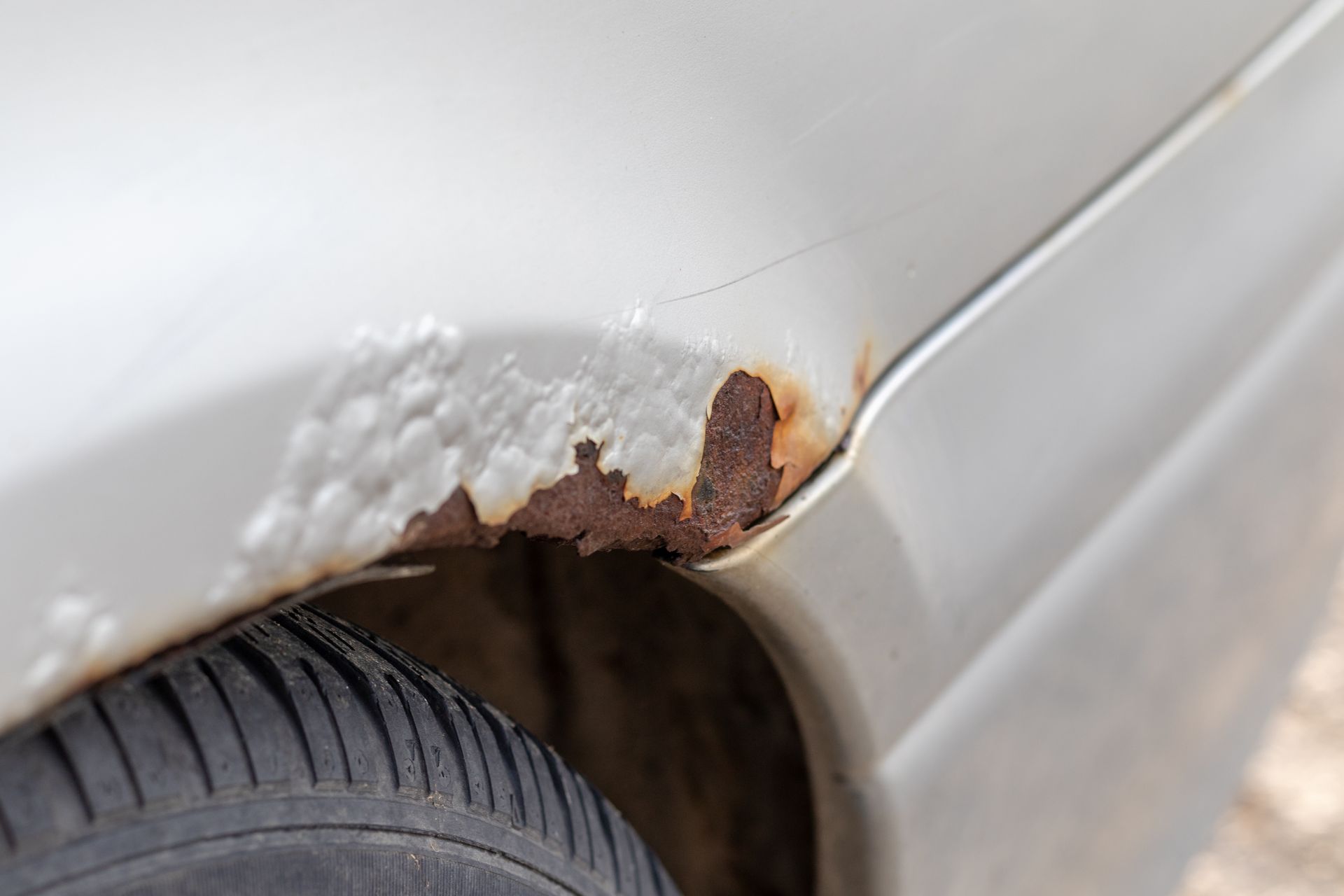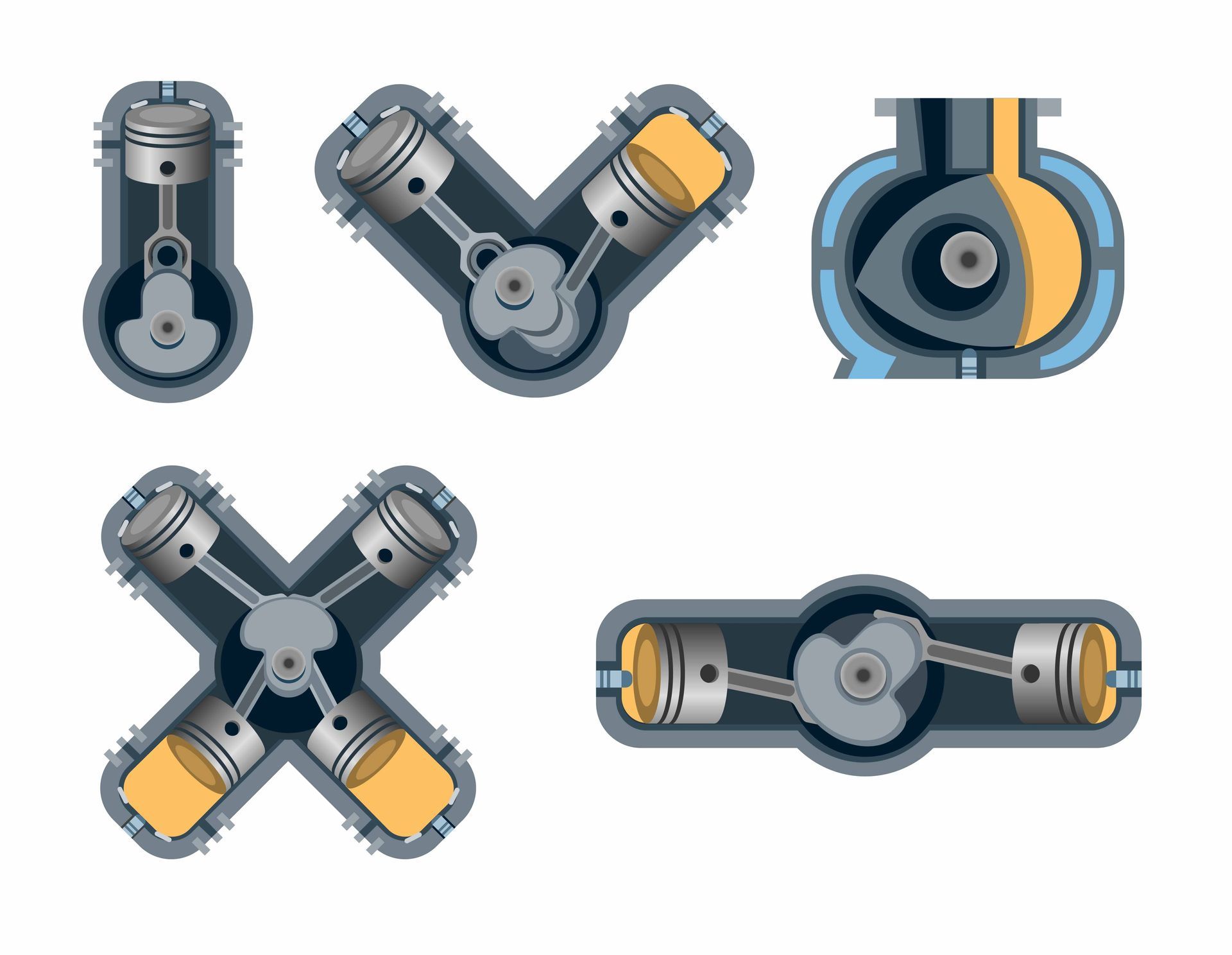Diesel engines have long been a popular choice for heavy-duty vehicles and industrial equipment due to their power and efficiency. However, they’ve often been criticized for their contribution to air pollution. Over the years, environmental concerns and regulations have pushed manufacturers to innovate and develop cleaner technologies. Diesel engines today are far more advanced than their earlier counterparts, boasting reduced emissions while still delivering strong performance. But how did we get here? Let’s explore the evolution of diesel engine technologies aimed at reducing emissions and their impact on both the environment and industry.
The Early Days of Diesel and Environmental Concerns
When diesel engines were first developed in the late 19th century, environmental impact wasn’t a top priority. The focus was on efficiency and power. By the mid-20th century, diesel engines had become the go-to choice for industries requiring reliable heavy-duty vehicles. However, as their use grew, so did awareness of their environmental consequences. Diesel engines produce significant amounts of nitrogen oxides (NOx) and particulate matter, contributing to smog and respiratory issues. As cities began grappling with air quality concerns, diesel engines were scrutinized, and governments started implementing regulations to curb emissions.
Introduction of Emission Standards
The first significant shift toward reducing diesel emissions came with the introduction of strict government emission standards. In the U.S., the Environmental Protection Agency (EPA) set its sights on diesel engines in the 1990s, implementing limits on NOx, particulate matter, and carbon monoxide. Similar regulations followed globally, especially in Europe, where the Euro emissions standards became the benchmark. These regulatory pressures forced manufacturers to rethink diesel technology. Simply refining existing engines wasn’t enough. New solutions were needed to comply with these evolving standards.
Exhaust Gas Recirculation and Selective Catalytic Reduction
To meet these new requirements, several advanced emission control technologies were developed. One of the most widely used innovations is Exhaust Gas Recirculation (EGR). This system works by recirculating a portion of the engine’s exhaust back into the combustion chamber, lowering combustion temperatures and, consequently, reducing the formation of NOx.
While EGR was a big step forward, it wasn’t a standalone solution. This is where Selective Catalytic Reduction (SCR) came into play. SCR uses a catalyst and a special fluid (usually urea-based) known as diesel exhaust fluid (DEF) to break down NOx into nitrogen and water, both harmless to the environment. The combination of EGR and SCR has dramatically reduced diesel emissions and allowed engines to meet the ever-tightening emissions standards.
Diesel Particulate Filters (DPF)
Another major breakthrough in reducing diesel emissions is the DPF. Diesel engines naturally produce soot, a byproduct of incomplete combustion. Left unchecked, this particulate matter can be harmful to human health and the environment. DPFs trap soot particles before they’re released into the atmosphere.
The trapped particles are then burned off during a process called regeneration, which occurs when the exhaust reaches high temperatures. This system not only improves air quality but also helps diesel engines comply with particulate matter emission limits. However, DPFs can become clogged over time, requiring maintenance to ensure optimal performance.
Enhancing Precision and Efficiency
Fuel injection plays a key role in how diesel engines perform. Traditional diesel engines used mechanical fuel injection systems, which lacked precision and control. This changed with the introduction of common rail fuel injection technology. Common rail systems allow for precise control over the timing and amount of fuel injected into the engine, resulting in more efficient combustion and lower emissions.
By delivering the right amount of fuel at exactly the right time, common rail systems minimize the formation of NOx and particulate matter. This not only reduces emissions but also improves fuel efficiency, making modern diesel engines more environmentally friendly and cost-effective to operate.
Electric and Hybrid Diesel Technologies
While traditional diesel technologies have come a long way in reducing emissions, the push for even cleaner alternatives continues. Hybrid diesel-electric systems are emerging as a promising solution. These systems combine a conventional diesel engine with an electric motor, allowing vehicles to switch between diesel and electric power depending on driving conditions.
Electric power is used during low-speed, short-distance driving, where emissions are typically higher, while the diesel engine kicks in for longer distances and heavier loads. This reduces the overall emissions of the vehicle while maintaining the power and range diesel engines are known for. Though still in its early stages, hybrid diesel technology represents the next frontier in creating eco-friendly diesel-powered vehicles.
Is your diesel engine in need of a checkup? At
Auto ER, we use state-of-the-art technology to ensure your vehicle is running clean and meeting emissions standards. Visit us for professional diesel engine services and repairs.




